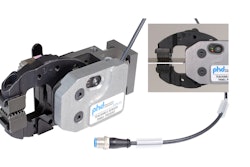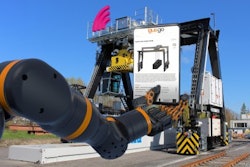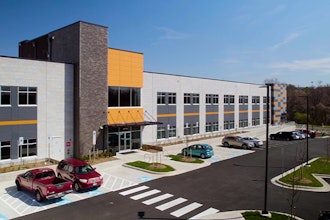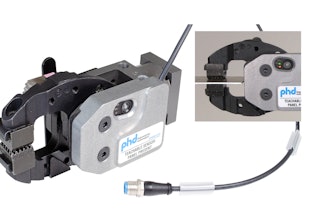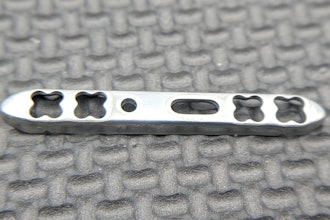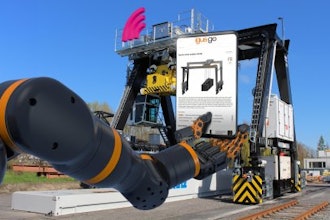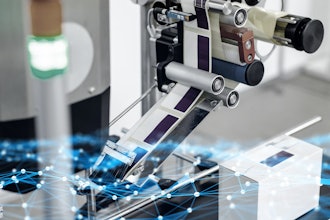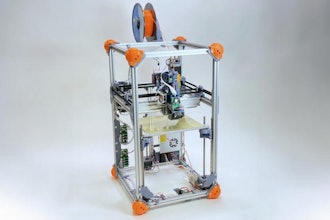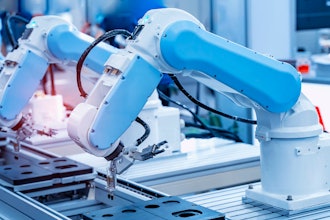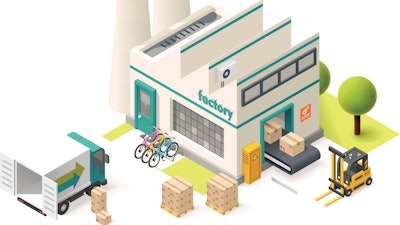
When it comes to manufacturing, the winds of change are blowing towards a more agile, localized form of production.
Microfactories - small-scale production facilities equipped with the latest in business technology and software - are leading this transformation. For IT, operations, and management professionals, this shift presents a unique set of opportunities and challenges. But why are microfactories becoming so influential, and how can they serve as a game-changer for local production? Let's dive into this fascinating evolution.
Microfactories stand out for their ability to produce goods on a smaller scale, with a focus on customization and rapid prototyping. They leverage cutting-edge technologies like 3D printing, robotics, and advanced software solutions, including Business Intelligence (BI), Customer Relationship Management (CRM), and Enterprise Resource Planning (ERP) systems. This setup allows for a high degree of flexibility and innovation, making microfactories incredibly effective in responding to local market demands and trends.
Advantages Over Traditional Manufacturing
The traditional manufacturing model, with its large-scale factories, extensive inventory, and global supply chains, faces challenges like high overhead costs, inefficiencies, and environmental concerns. Microfactories address these issues head-on by:
- Reducing Waste and Environmental Impact. With precise production capabilities, microfactories significantly lower the amount of waste generated, contributing to more sustainable manufacturing practices.
- Enhancing Customization and Innovation. The agility of microfactories makes it easier to adapt to consumer preferences, leading to products that better meet local needs and niches.
- Improving Supply Chain Resilience. By operating closer to the end consumer, microfactories can reduce the complexities and vulnerabilities associated with long, global supply chains.
At the heart of the microfactory model is the innovative use of technology. Cloud computing, for instance, enables seamless access to ERP and CRM systems from anywhere, ensuring that operations are efficient and data-driven. Business intelligence tools play a crucial role in analyzing market trends and consumer behavior, allowing microfactories to make informed decisions quickly.
Security is another critical aspect. As microfactories often rely on proprietary designs and processes, ensuring the confidentiality, integrity, and availability of data is paramount. Advanced cybersecurity measures, coupled with robust quality control systems, ensure that both intellectual property and product quality are protected.
Microfactories also offer a unique solution to some of the global challenges facing the manufacturing sector. In times of trade tensions or disruptions in global supply chains, the ability to produce locally becomes an invaluable asset. Moreover, microfactories can contribute to local economies by creating jobs and fostering a culture of innovation.
Looking Ahead
As we look towards the future, the role of microfactories in reshaping the manufacturing landscape cannot be overstated. For market-leading IT, operations, and management professionals, the rise of microfactories represents an exciting frontier. Embracing this model requires a mindset shift towards greater agility, innovation, and a deep understanding of local market dynamics.
Adopting and integrating the latest in manufacturing business technology and software will be key to thriving in this new era. As microfactories continue to gain momentum, they promise not only to revolutionize local production, but to pave the way for a more sustainable, efficient, and consumer-focused manufacturing industry.
The emergence of microfactories heralds a significant shift in the manufacturing domain, emphasizing the need for agility, customization and technological integration. For those at the forefront of IT, operations, and management in manufacturing, this evolution presents an unparalleled opportunity to redefine what it means to produce goods in the 21st century.
By leveraging the power of business intelligence, cloud computing, and advanced manufacturing technologies, the rise of microfactories stands as a testament to the innovative spirit driving the future of production.
Mike Szczesny is the owner and vice president of EDCO Awards & Specialties.





